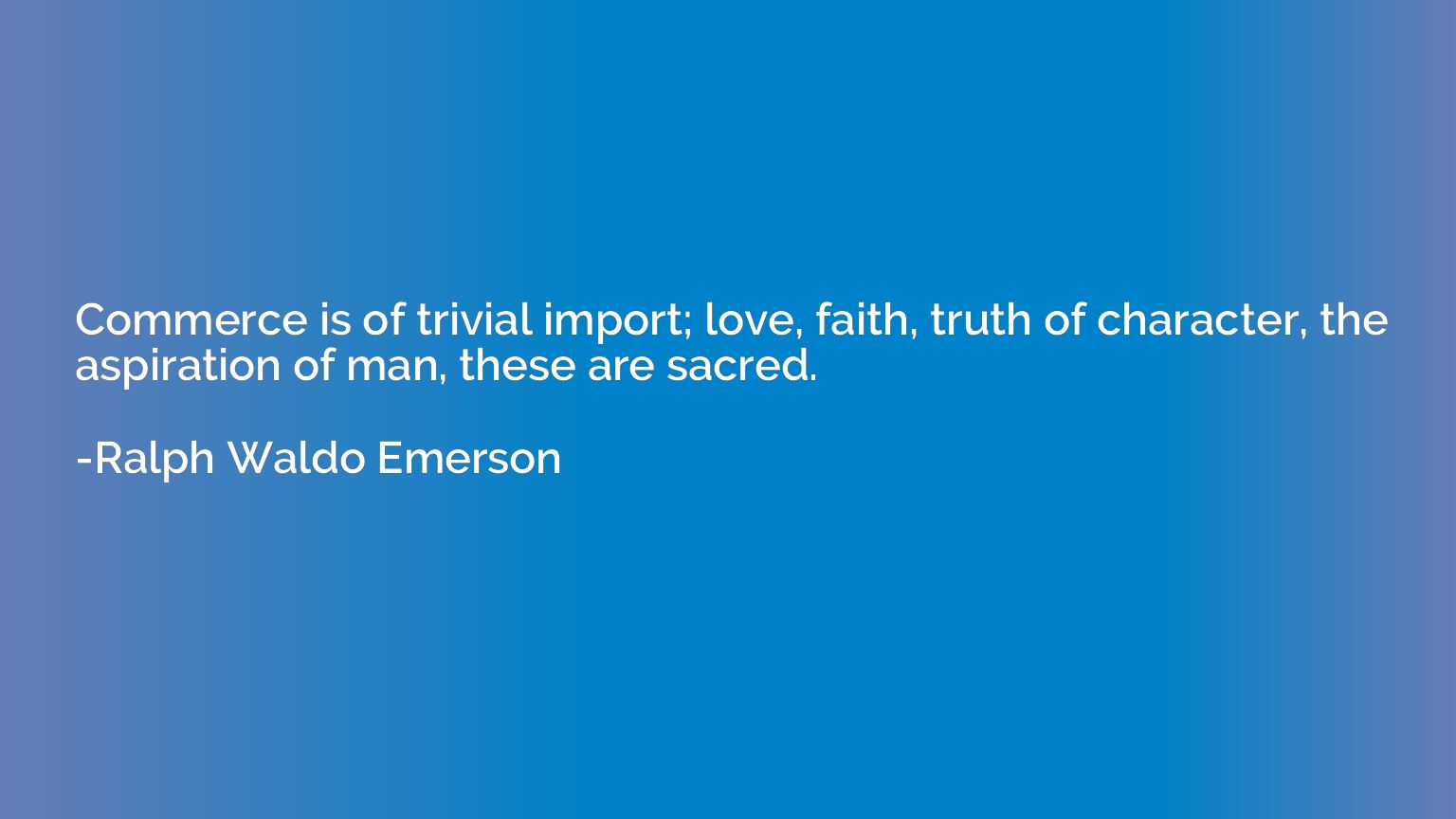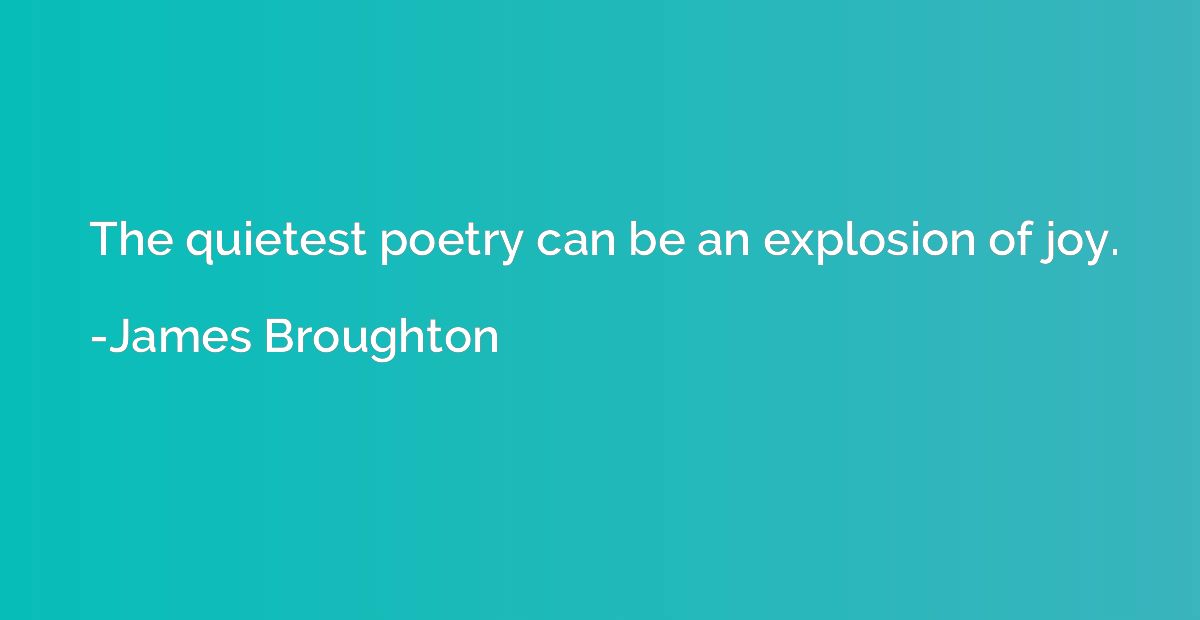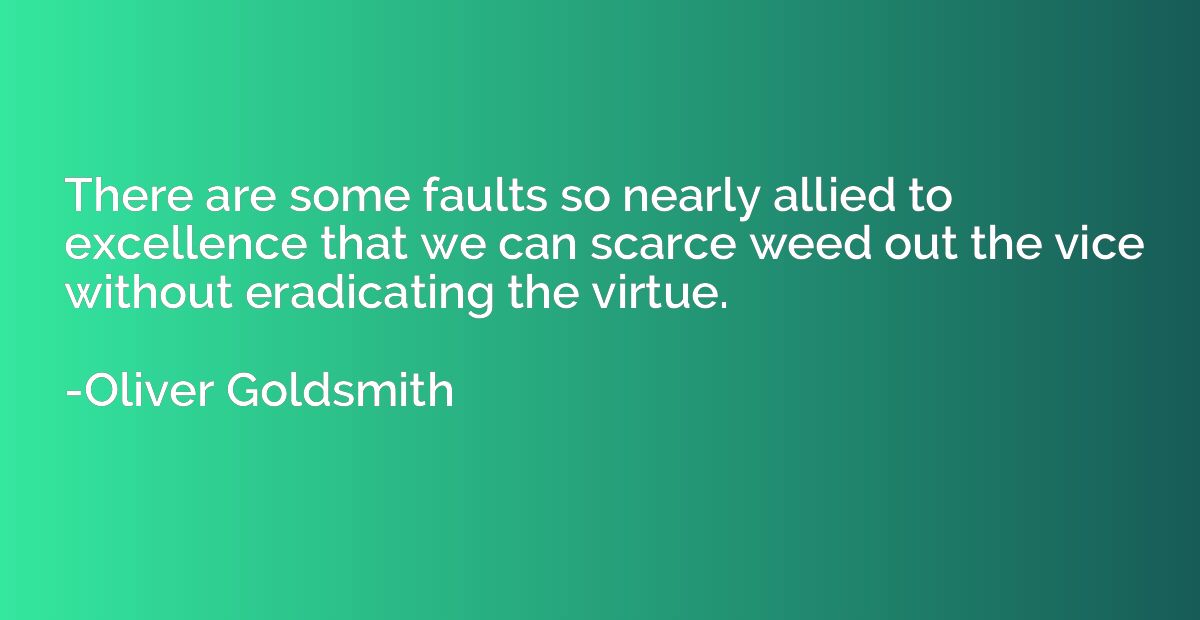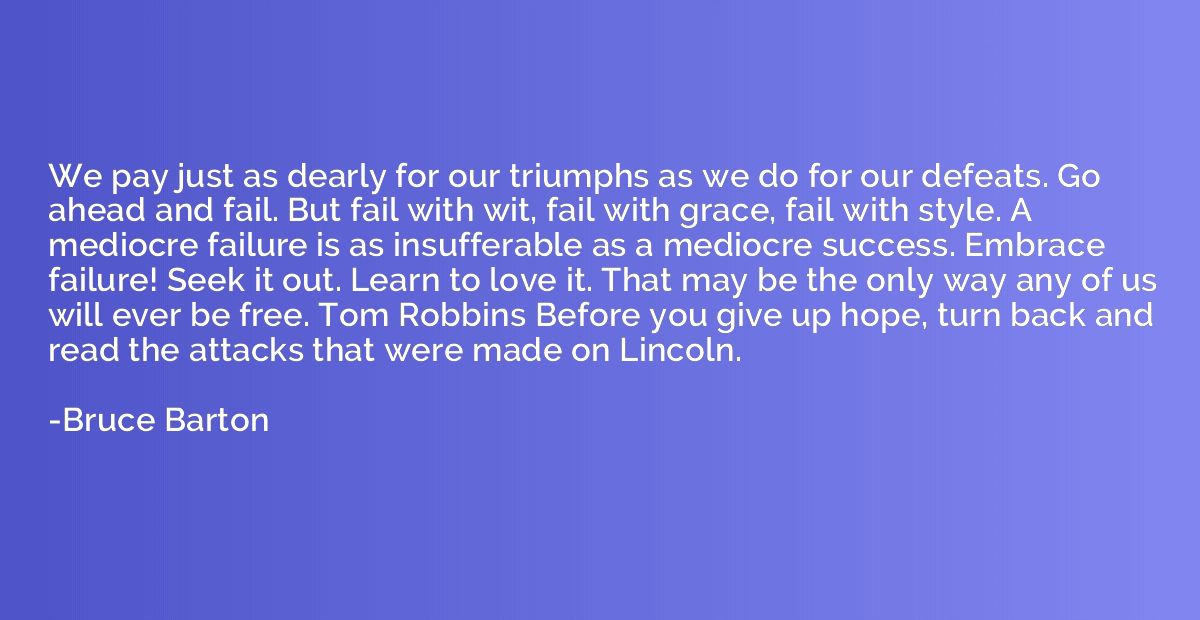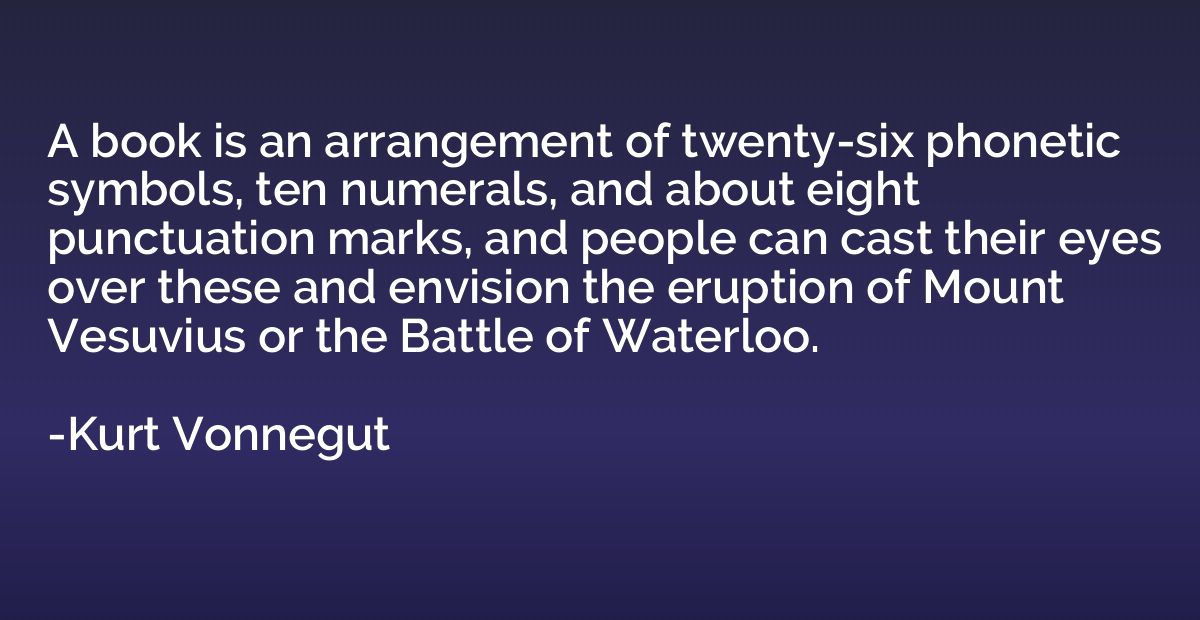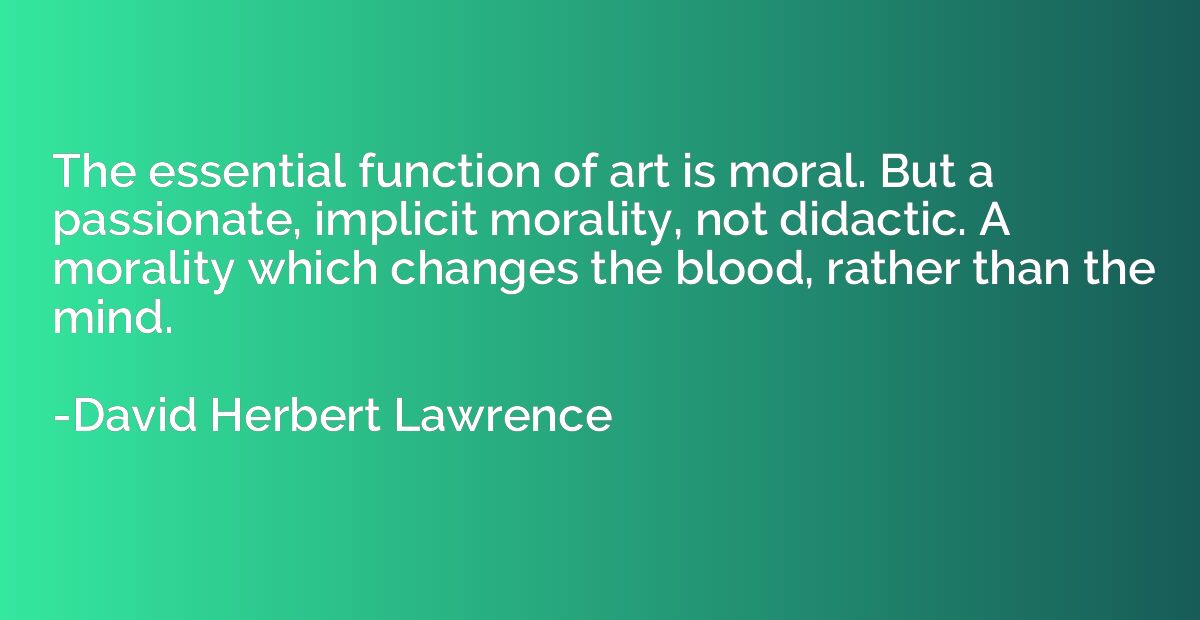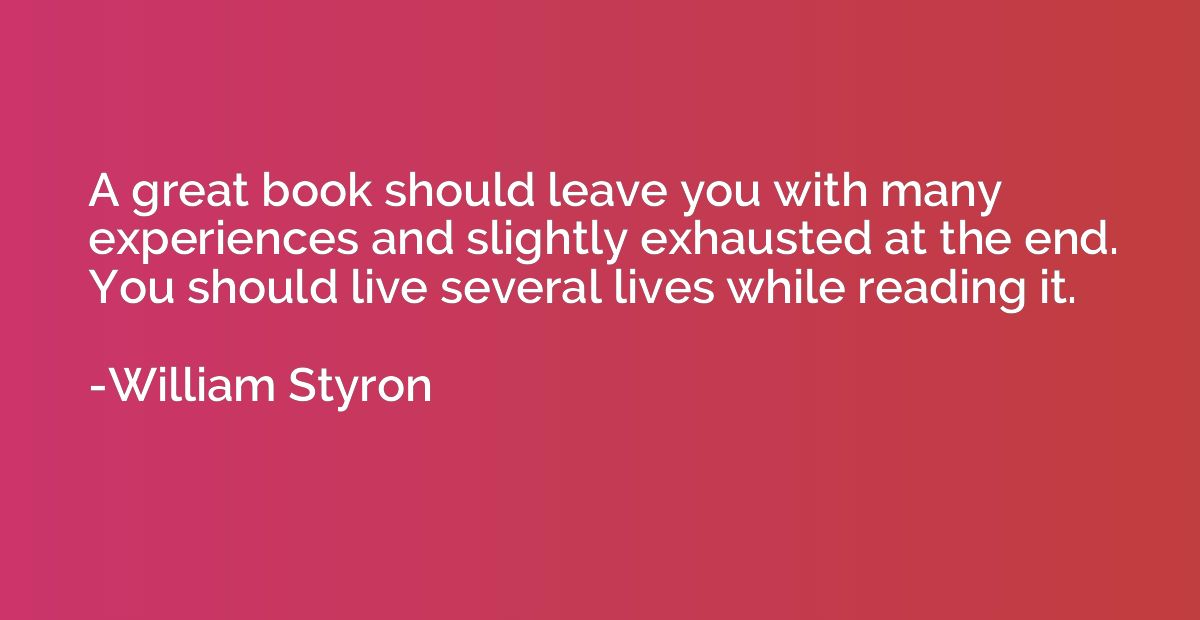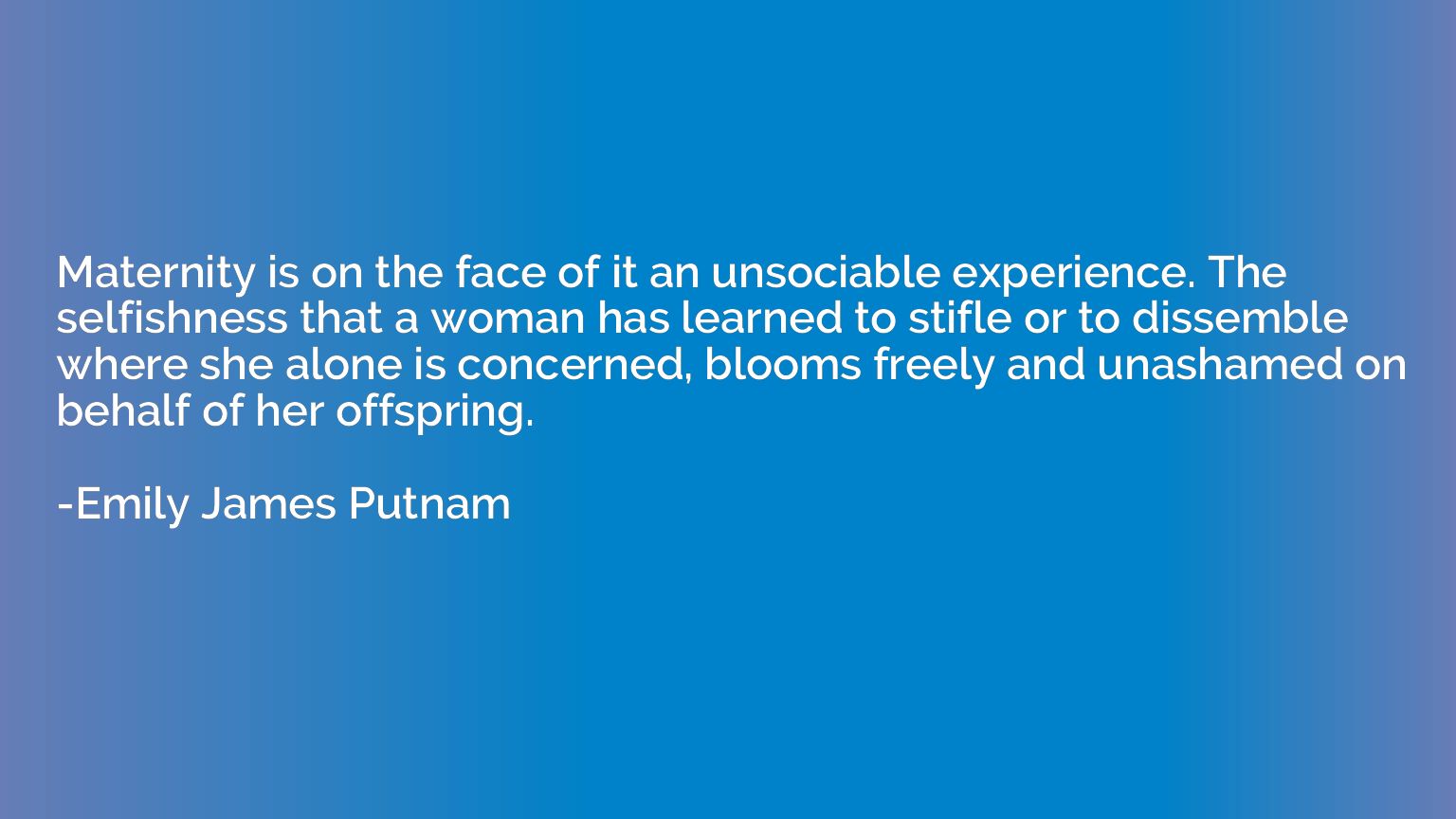Quote by Brian Cox
Feudal societies don't create great cinema we have great theatre. The egalitarian societies create great cinema. The Americans, the French. Because equality is sort of what the cinema deals with. It deals with stories which don't fall into 'Everybody in their place and who's who,' and all that. But the theatre's full of that.
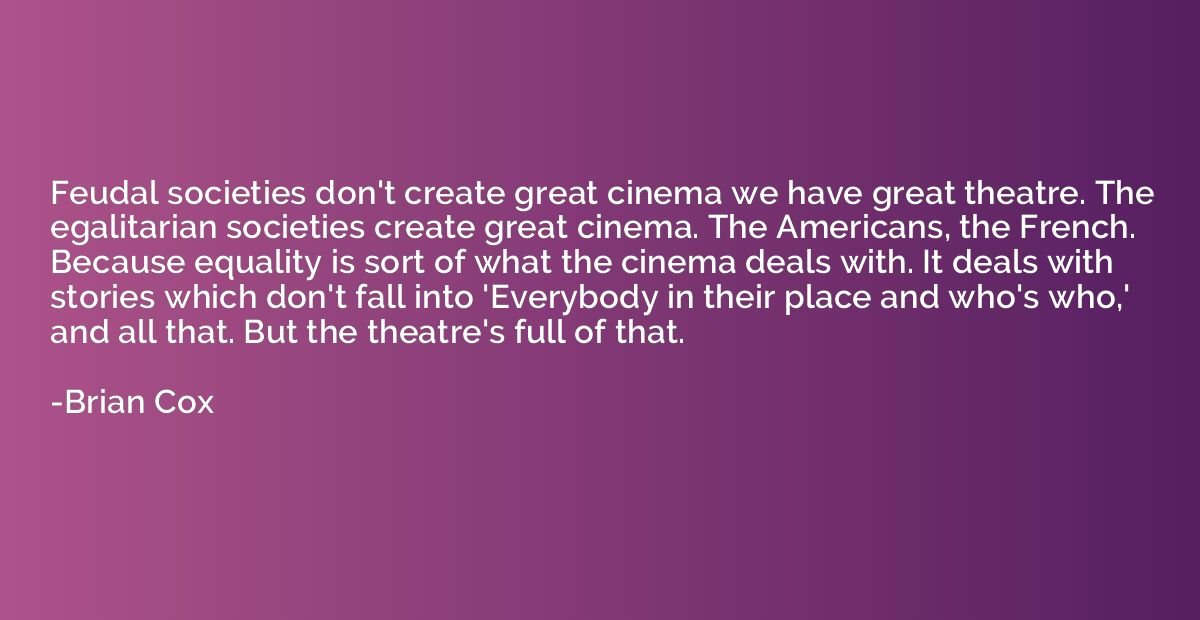
Summary
This quote suggests that feudal societies, which are characterized by social hierarchy and rigid class systems, do not produce great cinema but excel in theatre. In contrast, more egalitarian societies like America and France create exceptional cinema because film embraces themes of equality and social diversity. Cinema explores narratives that challenge the notion of hierarchies and predetermined social roles, while theatre often portrays stories that revolve around maintaining social order and established norms. By emphasizing equality, cinema offers a platform for diverse perspectives and narratives that go beyond societal limitations, making it a powerful medium for storytelling.
Topics
Equality
By Brian Cox




